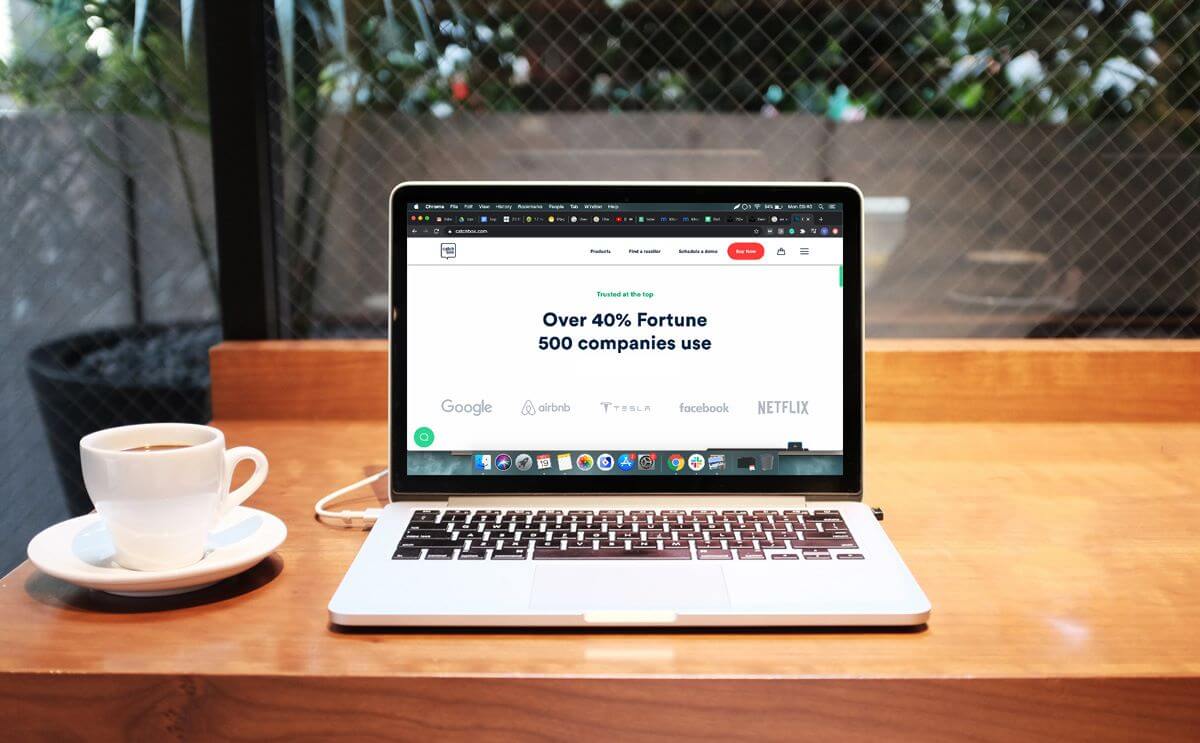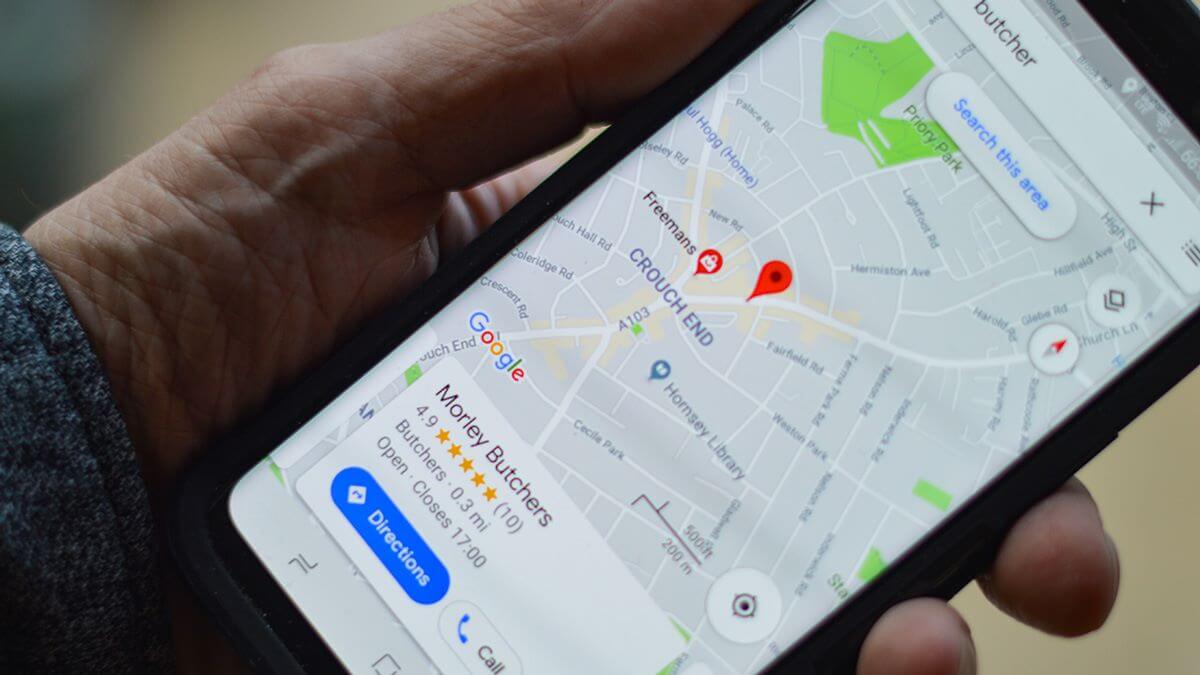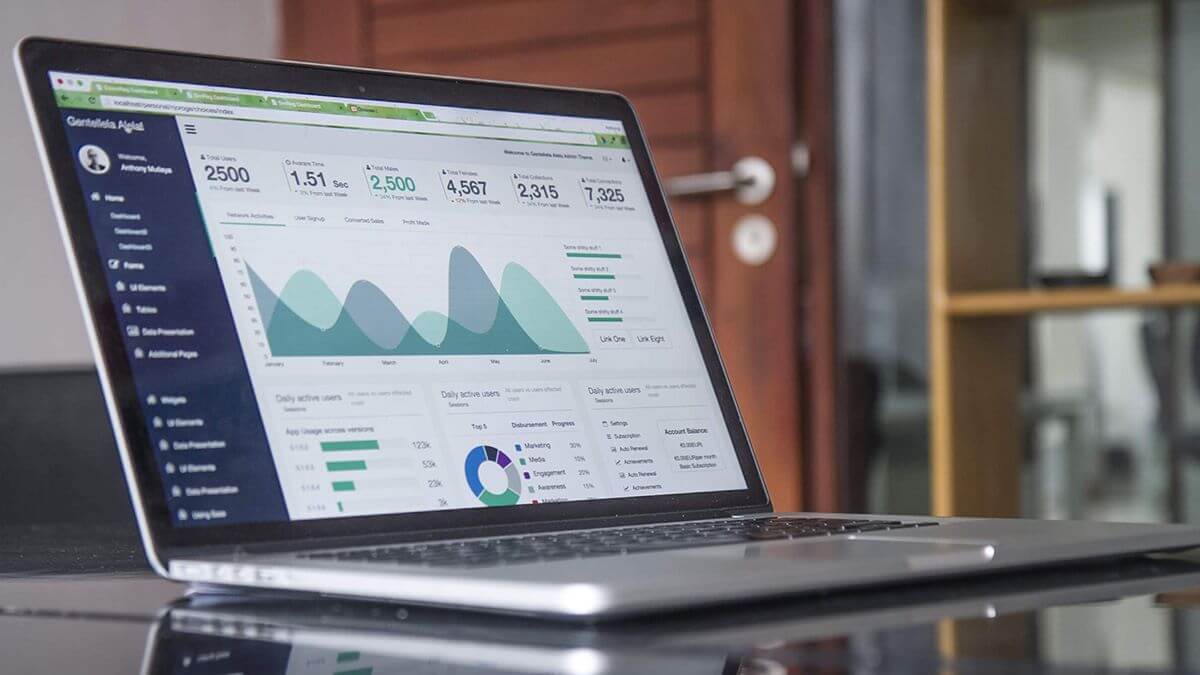Build a website: Top 10 benefits and how to make the most of them

Listen, if you're running a business and still don't have a website, you're missing out on more customers and revenue than ever before. Nowadays, everyone is online and everything happens online because it's so convenient and because, well… there's a global pandemic.
Sure, if you don't want to get new clients, if you don't want your business to gain recognition, if you don't want to grow your revenue, then not having a website is a great way to achieve that. But, in that case, entrepreneurship might not be the right thing for you.
Saying “Build a website” sounds scary, but it's not. With easy-to-use website builders like Mozello, anyone can quickly create a website for their business. There's no code, everything is intuitive, and you can manage the site yourself. Plus, it only costs you €6 /month, which means you probably only need one or two customers to make your money back (check out these tips how to get your first online customer). So, what's your excuse?
In this article, we'll not only take a look at how your business can benefit from having a website, but also how to take advantage of these benefits, which will also help those of you who already have a website but struggle to put it to good use.
Top 10 benefits of business websites
1. Become discoverable
First and foremost, having a website lets your business get discovered. With 3.5 billion searches a day, most people rely on Google to find a solution to their needs, no matter whether they're looking to buy a ceramic teapot or want to find a local plumber. If you don't have a website, people looking for solutions will never even know about your company.

Plus, a website also makes it much easier for people to recommend your shop or service in online discussions. For example, if somebody in a Facebook group is asking where to find a plumber in Riga, then it's much nicer to reply with a link that leads to a webpage, than with, let's say, a phone number, because the person can immediately learn if this is what they're looking for.
In short, when you build a website, you're letting people know that your business exists.
How to take advantage of this?
Your goal should be to appear as high on the frontpage of Google as possible. If somebody searches for “plumber in Riga” and your page shows up first - they're likely to engage your services. To do this, you need to optimize your website for SEO. Here's a simple guide how to get your website included in search results.
2. Make your business available 24/7
If you don't have a website, it makes it more difficult for people to reach you. Nobody wants to bother others after hours, nor will you be happy to take calls during dinner, let alone in the middle of the night.

So, think of having a website like having a virtual receptionist that works 24/7 and explains to people what you do (website content), highlights previous successful projects/products (product reviews & case studies), and takes messages for you (contact forms). This way you're always available and people can get in touch with you or buy your products at any time.
In short, when you make a website, you basically gain a virtual receptionist that can manage customers even when you're not personally available.
How to take advantage of this?
Add a “Contact us” form and encourage visitors to ask any questions they have. This way you have an open communication channel 24/7, even if you don't respond immediately. Also, try to keep your website as informative as possible to answer all the questions a customer might have, so they can understand whether your business is the thing they're looking for. This ties nicely into the next benefit.
3. Provide information & support (FAQ, information, news)
One of the main benefits of having a website (especially when compared to social media) is that you can provide your customers with information in a clear and structured way. You can list all products and services you offer. You can preemptively answer all the most frequently asked questions. You can offer free guides or sell them as digital products.
For instance, if you sell handmade wool clothing, you can create a blog article about how to wash it. This way, when customers ask how to take care of their new wooly jumper, you don't have to explain from the beginning every time - just direct them to your blog.
In short, by having a website, you provide your customers with the information they need and do so in a clear and quickly overseeable manner.
How to take advantage of this?
Make sure to keep your website content up to date. If there's a question people ask often, then add it to your FAQs. If you start offering a new service or product, then make a news post announcing it. If people often ask about other projects you've done, then create a case study. Simply ask yourself the question - what essential things does the customer need to know to choose my product/service? - and then answer that question with your website.
4. Establish trust with social proof
You can also benefit by including some reviews and testimonials on your website. If your customers are satisfied with your product or service, ask them to leave a review and this will encourage future customers to buy from you. Or if your company has been mentioned somewhere in the media, like a local newspaper or specialized website - add that to your website.

Your goal is to reduce the anxieties of your customers. We all worry about the quality of the products and services we buy and if we see our peers saying that the buy was worth it, then we're much likelier to convert.
In short, when you build a website, you can leverage good reviews to get more customers.
How to take advantage of this?
Ask customers for reviews and place them on your website. If possible, try to add a photo of the customer next to the review to make it more friendly and personal.
5. Sell products
That's an obvious benefit, isn't it? You can sell your products online and, unlike your brick and mortar store, you don't have a closing time, so people can buy stuff at any hour of the day or night. However, this isn't just for stores. Even if you're a service provider, you can still sell digital products - you can create eBooks and courses and sell them on your website.
For instance, if you're a fitness coach, you can both offer your services, as well as offer a course - “How to do all the daily exercise you need in 15 minutes” or sell an eBook - “5 diet ideas for slimming without losing muscle”. You can even offer these digital products for free to attract new customers for your service.
In short, when you build a website, you can expand and diversify your business offering.
How to take advantage of this?
Take your time to think about what else your business can offer. And then create it and offer it! Check out this guide on what digital products to sell that covers both what to do and how to add them to your Mozello website.
6. Reach non-local customers
Since anyone with an internet connection can access your website, that means your store or service is no longer necessarily tied to one location. A website is key for entering international markets, or even simply neighbouring cities in your national market. Since Mozello supports multilingual sites, you can also translate your website into different languages to make sure your new customers understand what you offer and you appear in Google for searches in that language.

This means you can even expand locally, if there are multiple languages spoken in your region, thus potentially unlocking a new market in your very own city.
In short, when you create a website, you can easily enter new national and international markets.
How to take advantage of this?
First, you need to understand whether there's demand for your product or service and the best way to determine this is to look for competitors in the region you're trying to enter. If you notice that your service or product offering is competitive, or maybe even better than what's currently on market, then there's an opportunity for your business to expand! Check out this article to learn about when is it the right time to translate your website.
7. Tell your story and build a brand
People like to buy from people. We like to support our communities. We are proud of local success stories. An advantage of a website is not only that you can offer your services. You can also tell people about yourself, about your company, about your ideas, visions, and ambitions. This, in turn, can help you convert more customers, as you're building a relationship of trust and friendliness with them.
The story you tell with your website is what will help people recognize you and essentially, you'll have established a brand. This helps with recognizability and trust, and ultimately business results.
In short, by having a website, you can tell your story which will help build trust and rapport with customers.
How to take advantage of this?
Make sure to have an “About us” page, where you tell customers about who you are and what's your company's story. Another way to tell your company story in a humanizing way is to, for example, not only share successful case studies, but also blog about your failures and struggles. An important aspect of branding is finding a style that fits your company and using it everywhere, so people start associating it with your business.
8. Take advantage of new marketing opportunities
Another major benefit of having a website is the amount of marketing opportunities you unlock. You can:
- build email lists for email marketing
- create paid ads
- develop content marketing strategies
- build a social media presence
- and more…
When you create a site, you can not only market to more people, but you can also build communities for your customers and make sure that you're always on their minds, fostering loyalty and repeat purchases.

How to take advantage of this?
Digital marketing is an exciting world full of opportunities and this article will tell you everything you need to know to get started with your first marketing campaign.
9. Everyone else is doing it
If you won't take advantage of all the benefits outlined above, then somebody else will, resulting in more business for them and less for you. The reason why almost everyone has a website is because the customers have grown to expect it. But how is the fact that everyone else is doing it a benefit for your business website? Because you can learn from competitors' mistakes.
How to take advantage of this?
Spend some time exploring what local and international competitors are doing with their websites. Make note of things they all have in common - those are important and your website needs them too. But also, keep an eye out for things that you don't like with their websites and, of course, avoid them.
10. Tap into mobile traffic
More than half of all internet traffic now comes from mobile, which means you need to have a mobile website as well. This way people can find your services or products when they're on-the-go. Here are some more reasons why businesses with mobile websites perform better.
How to take advantage of this?
All Mozello websites are mobile-friendly, so… you don't need to worry about it, as long as you build your website with Mozello!
Conclusion
Creating a business website is not just about selling your products online. It's also about attracting new customers, it's about informing people, it's about giving a voice to your business, it's about being available. All of these aspects are highly valued by consumers worldwide and can directly contribute to the growth of your business.
In this day and age, having a website is a necessity. Otherwise, your potential customers will go to your competitors and you'll be left on the sidelines looking at what could've been. That would be a shame, particularly because it is so easy to build a website. You're welcome to play around with Mozello's free website builder and see for yourself, without having to commit to anything.
